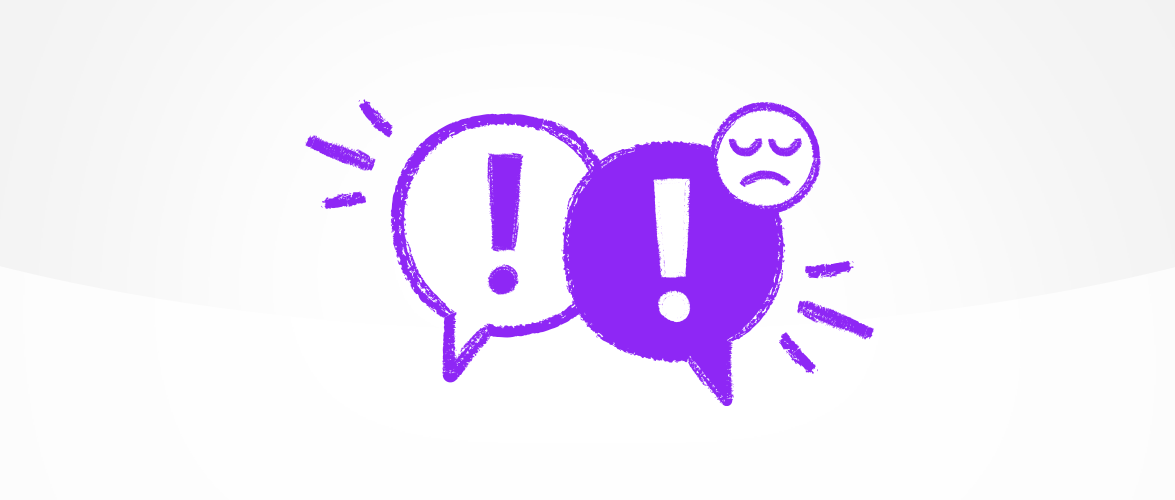Upsetting news and media online
Currently, there is a lot of online news and content that could upset children – such as the war in Ukraine, or the conflict in Israel and Palestine.
We cannot shield children from everything that may cause confusion or distress, but there are ways to help them cope with viewing, understanding and processing traumatic content.
These are some ideas and advice for helping children deal with upsetting news and media.
Be comfortable with the uncomfortable
It’s not easy to talk to your child, particularly if they are very young, about sensitive topics.
It’s OK to be uncomfortable with starting these conversations. It’s also OK not to have all the answers.
What’s important is that your child knows they can come to you, if and when they are upset by something they have seen or heard online.
Communication is key
If your child has seen or heard something that upsets them, or that they don’t understand, it’s better they get their information from you.
This allows you to explain exactly what they have witnessed, with perspective and background information, to the best of your knowledge.
You can also tell them in a way that you know won't upset them further.
The alternative may lead them to go looking online for answers, and finding misleading information or something more traumatic.
Uncensored is not uncommon
As much as you might try to ensure your child receives information from reliable sources, misinformation and uncensored content will be encountered across the internet.
Explain that established news sources, like the BBC, are much more trustworthy places to get the truth.
Click to watch a short video about misinformation
Uncensored live streams can include individuals vlogging in war zones and graphic terrorist executions. These can also become shared videos within messaging forums and group chats.
Many chat forums and messaging groups are unmoderated, meaning that nobody is stopping misleading, violent, extreme or racist content being shared.
It may not be possible to filter everything your child sees online – either by accident or by searching – but do try to understand where they go and what they do. This could be the groups they are in or the sites they regularly visit. Knowing and understanding this may help give you the warning signs.
Click to read our parent guide to live streaming
Click to read our parent guide to search
Stop, look, listen
It’s important that your child doesn’t feel they are just receiving a lecture on why what they have discovered online is wrong – or that they were wrong for wanting to understand.
Remember to listen to what they have to say.
It might be uncomfortable for you to hear or see what your child has found, but asking them to show you allows you to talk through it together, without making them feel ashamed about showing you.
The most important thing is that you are talking.
Getting further help
Trust yourself, and your personal parenting style, to explain upsetting online news and media to your child. Parent Zone has other resources that might be helpful.
Ollee
Ollee is a virtual friend that your child can talk to for curated expert advice. Ollee will ask your child how they are feeling about certain things, including upsetting or confusing world events. You can also create an adult account for supporting parent advice.
Click to find out more about Ollee
Help and support
Parent Zone has a recommended range of support organisations. These include support for mental health and wellbeing.
Click to visit the Help and Support page
Everyday Digital
Understanding the online world and the content in it can be difficult. Everyday Digital is a programme featuring simple habits that can build your media literacy and confidence in parenting around digital.
Click here to learn more about Everyday Digital


 Previous Article
Previous Article 